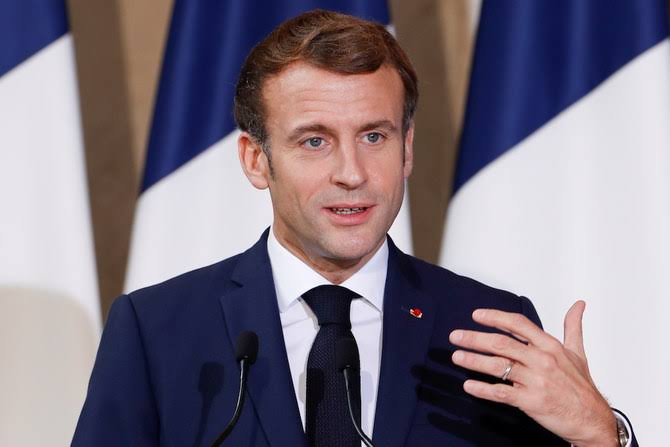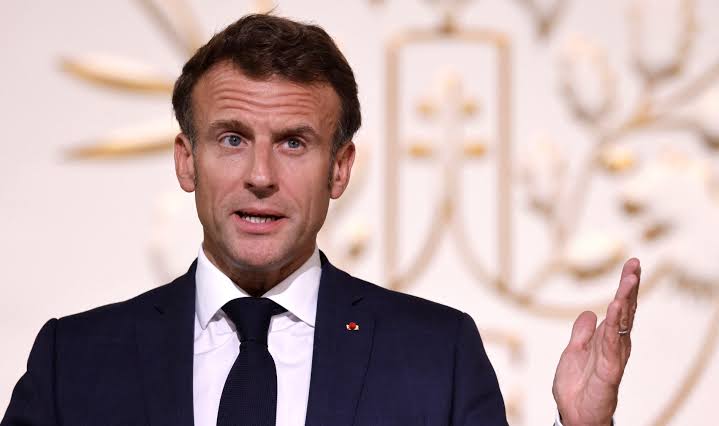
France is taking legal action against the European Union (EU) for favouring English over other languages in its recruitment process.
The case will be heard by the European Court of Justice (ECJ) in Luxembourg this Thursday.
France claims that some tests for EU positions are only offered in English, which violates the EU’s duty to respect its cultural and linguistic diversity and heritage. \
The complaint also argues that this practice would eventually make English the only language used in the EU, contrary to the principle of multilingualism.
The issue is a sensitive one for France, which has seen its influence and prestige decline in the EU as English has become the dominant language.
“France’s problem is that we have gone from a situation in which French was the international language to one in which it no longer is,” political scientist Christian Lequesne told dpa.
READ ALSO: Global Coalition Urges France to Use Abacha Loot for Road Construction
Lequesne, a professor at Sciences Po Strasbourg, published a report in 2020 titled Linguistic Diversity and the French Language in Europe, which documented the loss of linguistic diversity in the EU institutions in favour of English.
He said that France’s stance is also motivated by its view of language as a tool of power and policy.
“In the French view of power—and in this case – soft power, language counts,” he said. “Ultimately, they believe that language is also used to make policy.”
He added that France is fighting a difficult battle, but it is the only country that can do so. He also said that the issue is not only about language, but also about the EU’s connection to its citizens, who speak different languages.
The European Commission, the EU’s executive arm, declined to comment on the ongoing court proceedings, but said that it is committed to promoting multilingualism.
It also said that a significant part of the selection procedures is conducted in all 24 official languages of the EU. A verdict is not expected for several months.








Leave a Reply